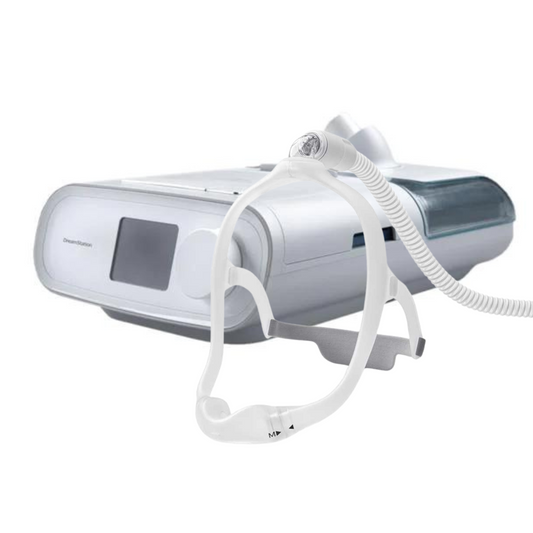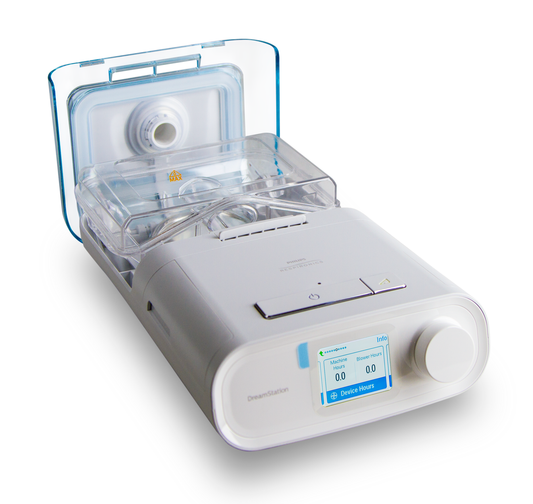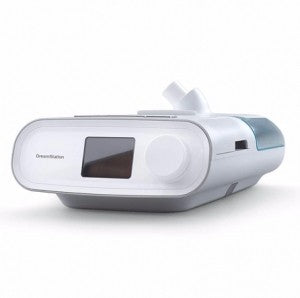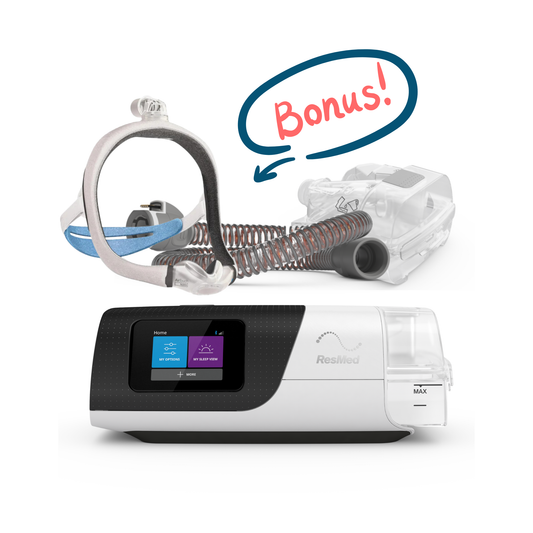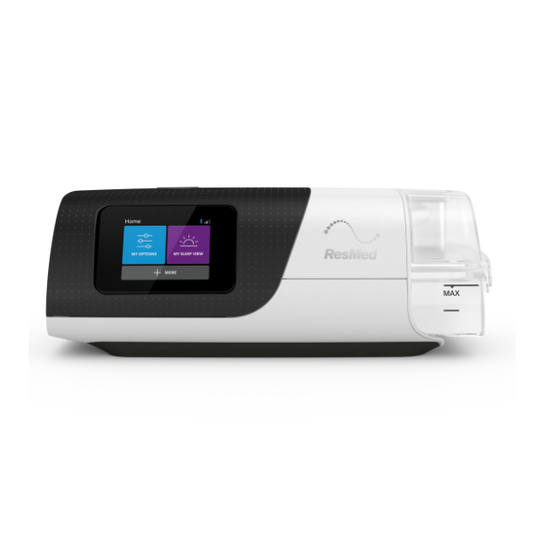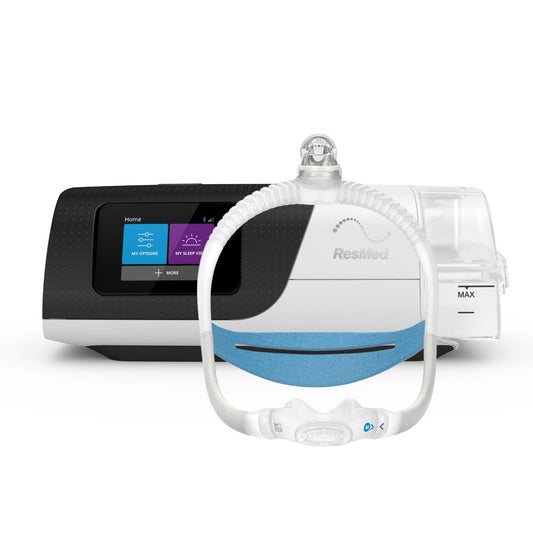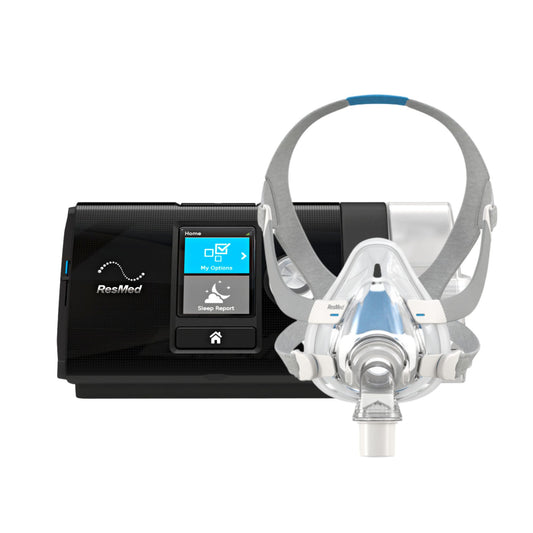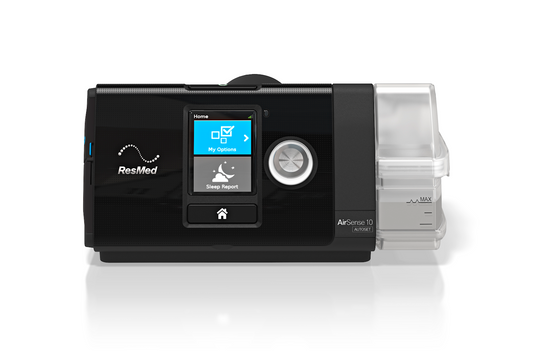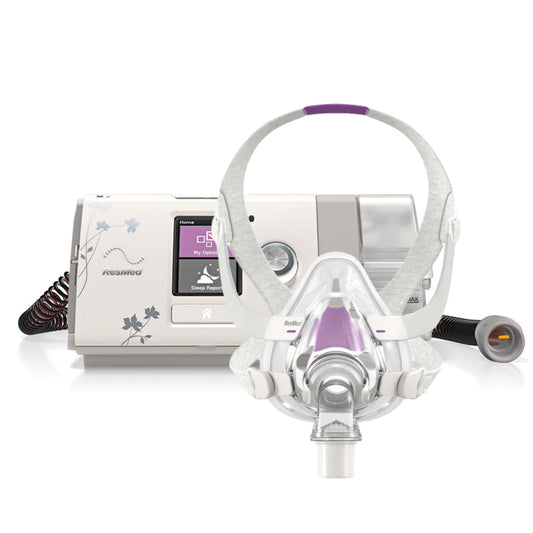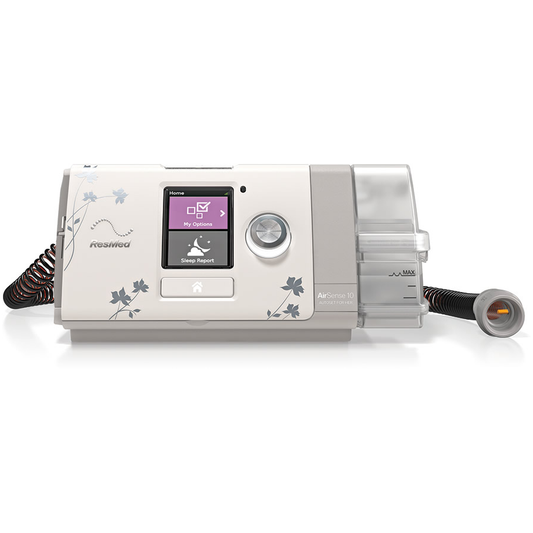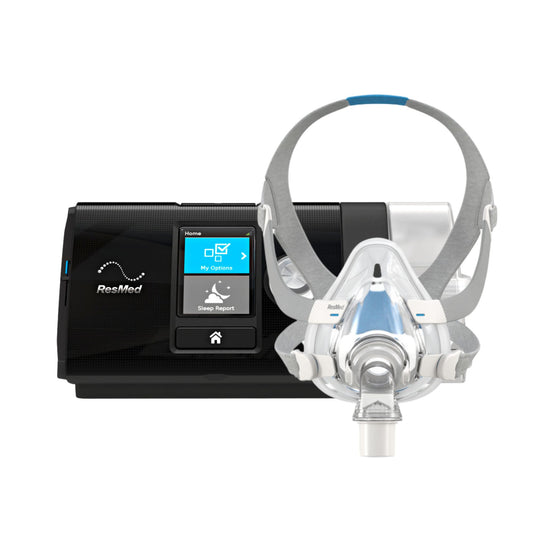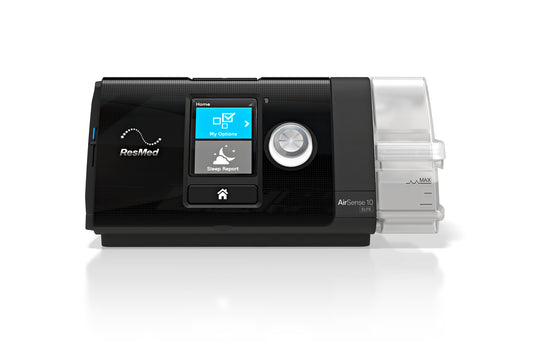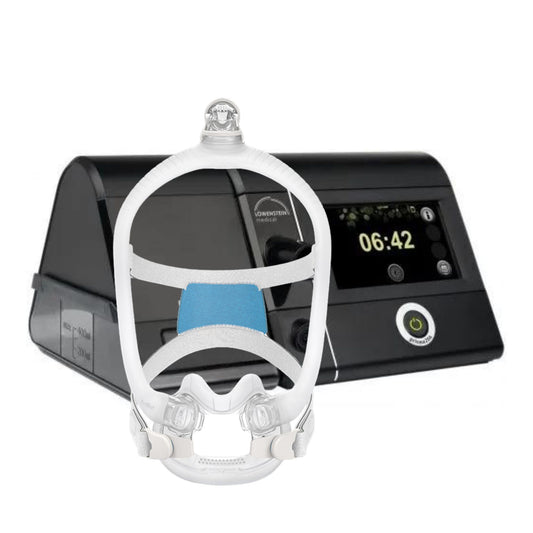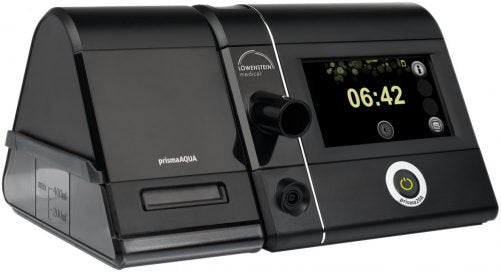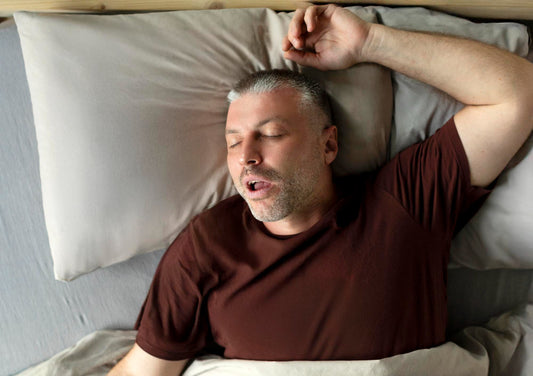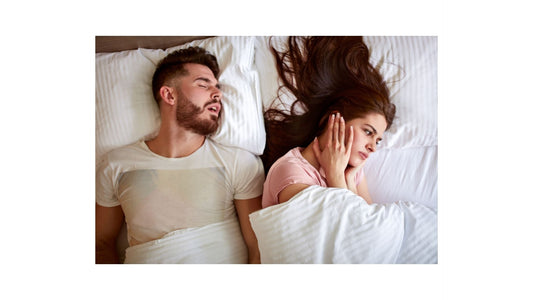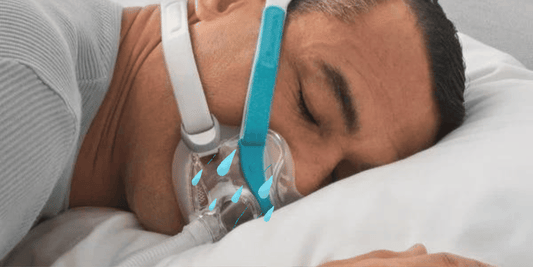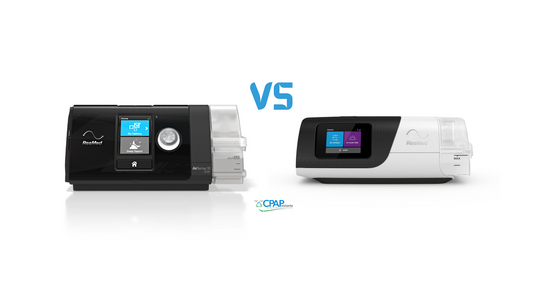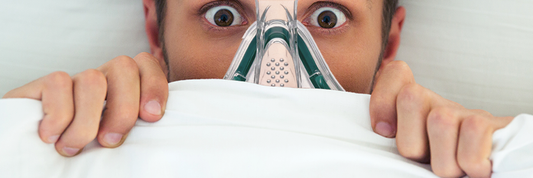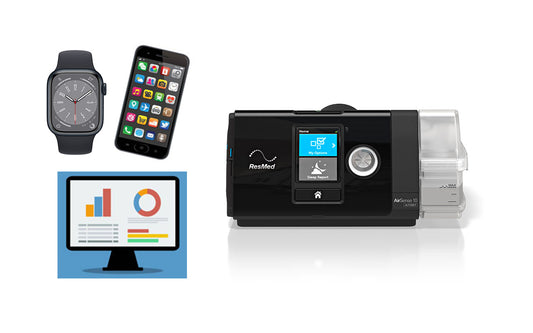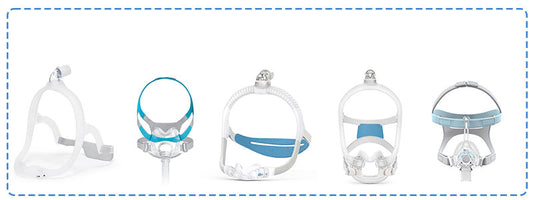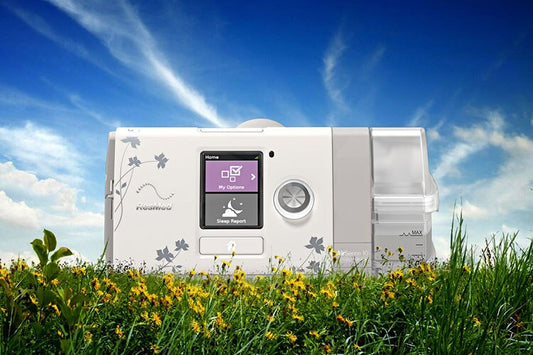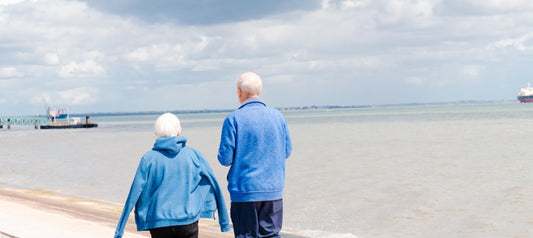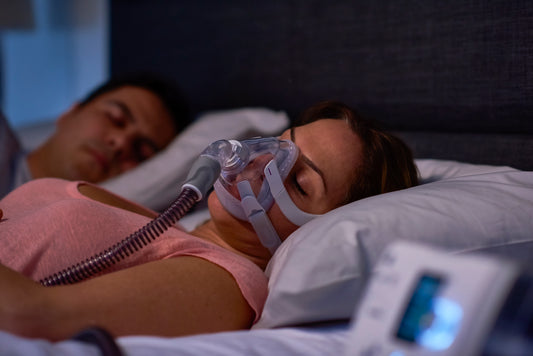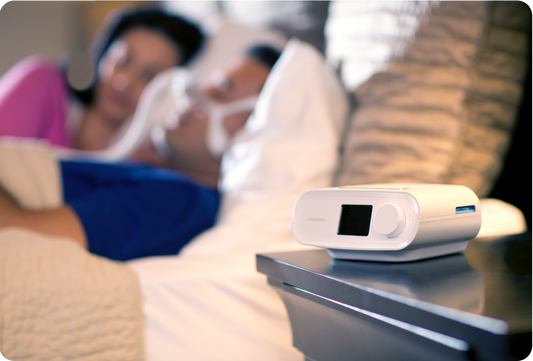Sleep apnoea and insomnia are both classified as sleeping disorders. The two conditions have been classified; the accepted sleep medicine view is that obstructive sleep apnoea (OSA) and chronic insomnia are separate disorders. However, there is now evidence that supports the belief that these two sleeping disorders overlap.
A study about comorbid insomnia and obstructive sleep apnoea indicated that 39% up to 58% of OSA patients are also suffering from insomnia. The study showed that 43% of elderly people diagnosed with chronic insomnia have undiagnosed OSA.

The question now is does a person have sleep apnoea because of insomnia or does a person have insomnia because of sleep apnoea?
Study #1
To establish a link between insomnia and sleep apnoea, Dr. Barry Krakow and his team conducted a study to find an answer to why an insomniac wakes up at night. From the group of potential subjects of the study, all those who appeared to have sleep apnoea were eliminated. Twenty subjects who did not indicate suffering from sleep apnoea passed the screening and became the subjects of the study.
The results of the study showed that out of the 20 subjects, 18 are suffering from sleep-disordered breathing, affecting them to wake up during sleep. Of the 20 subjects/patients, 11 have moderate obstructive sleep apnoea.
The conclusion of the study indicated that sleep apnoea and insomnia are linked. The recommendation is that insomniacs who wake during the night should get tested for sleep apnoea.
Study #2
After extensive research about underlying insomnia in patients with sleep apnoea, the director of Behavioural Sleep Medicine in Columbia, Maryland, Dr Emerson Wickwire, said that there is evidence that insomniacs have a high occurrence of sleep-disordered breathing and that sleep apnoea patients have an increased risk of developing chronic insomnia.
Dr Wickwire also said that people with insomnia have narrow upper air passageways, more so behind the tongue. These people may either have undiagnosed sleep apnoea or may be suffering from a condition known as upper airway resistance syndrome or UARS, a condition where the breathing pause is not long enough to indicate apnoea. However, the patient does go through numerous breathing pauses, which creates a stress response, causing the insomniac to respond negatively and worry incessantly about everything, which further aggravates the insomnia.
Conclusion
Based on the two studies done by experts in the field of sleep disorder, it is best for an insomniac who wakes up during the night to consult with a qualified sleep doctor to rule out obstructive sleep apnoea. An OSA patient who has insomnia should also seek medical help to address the underlying cause of insomnia.
Continuous positive airway pressure (CPAP) therapy remains to be the most effective way to treat obstructive sleep apnoea.
Find a clinic or call us now for a consultation at 1300 750 006.
